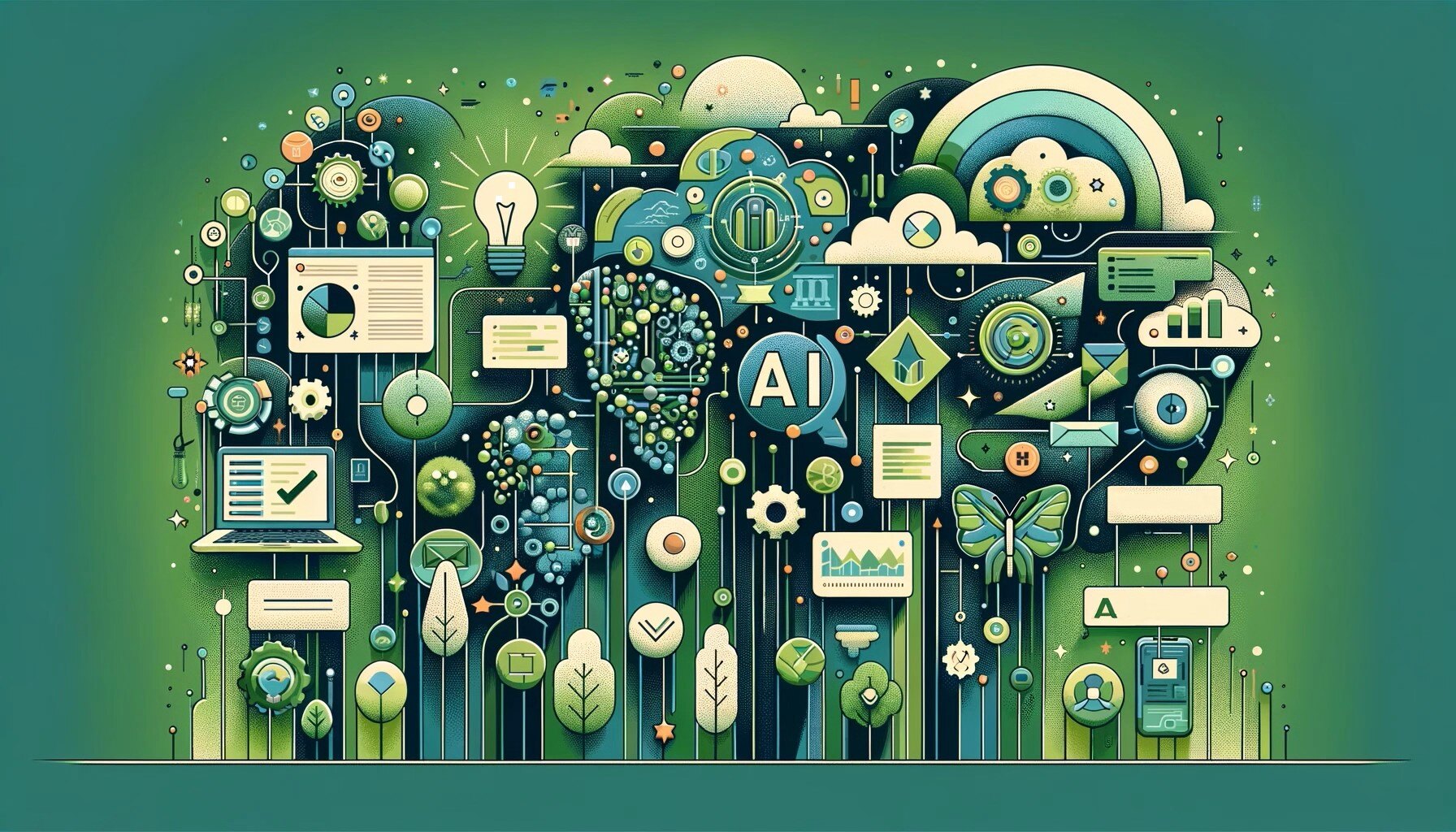AI, the next political game changer

Throughout American political history, a few game-changing moments have rippled through our elections, changing them forever. The first-ever televised debate between a young, strapping John F. Kennedy and a pale Richard Nixon sporting a five o'clock shadowbrough the look of the president to the fore for the very first time, turning politics into a spectator sport wherein the more energetic, photogenic candidates can gain an advantage. More recently, former president Barack Obamarevolutionize campaigning by integrating the use of email, social media, and digital advertising to connect with supporters, changing campaigns' grassroots organization and online strategy for election cycles to come.;
This year, we're coming face-to-face with a new political game changer: artificial intelligence (AI). Penta is tracking four different ways AI might change campaigns and society in this pivotal year.
Here's what we're watching out for this year
Speed and efficiency gains for campaigns
AI has the potential to dramatically reduce the scarcity of the two most vital resources for political campaigns: time and money. Instead of requiring a candidate's time to come into a studio and record multiple spots for different geographies and voting blocs, a campaign team will soon have the ability to take their candidate's voice, image, and message and use AI to personalize it for hundreds of media markets. It will change the speed by which ads are delivered to audiences and frees up the candidate's time for more in-person voter engagement and fundraising.
Further, AI could allow candidates to be in more than one place at once. Elvis Presley isperformin as an AI-generated holographic image in London later this year, and fans are buying tickets for the experience. It may feel like a stretch to go from Elvis to Biden or Trump, but the more sophisticated political campaigns will find a way to leverage this technology in the political sector. Candidates can hold simultaneous rallies in states across the country, sharing personalized messages at each event, by leveraging the same technology that is bringing Elvis back to life.;
As campaigns experiment with the use of AI to connect with voters, they'll have to track their reactions closely. There is likely a threshold of what voters consider to be appropriate; AI-generated ads are one thing—but hosting a rally as a hologram may be another.
Easier presidential branding
AI-generated images offer campaigns the power to curate a brand—one that is more appealing or more effective than reality. Slightly altering a candidate's appearance could be key to garnering support. For example, making a candidate look younger or more attractive can actually make themappea more trustworthy.;
We're already seeing groundbreaking examples of major campaigns that leverage AI for branding purposes. In Indonesia, the once-feared former special forces commande" turned presidential candidate, General Prabowo Subianto, used generative AI to create a cartoonish, "cuddly" image of himself. This AI-generated branding has had a significant impact on the general's popularity among young voters with Subianto nowcapturin 60% of the Gen Z vote.
In the U.S., a Republican National Convention adpicture a number politically sensitive scenarios, including a city on lockdown, war between China and Taiwan, and migrants crossing the border—all of them AI-generated.
Bots on the ground: Grassroots canvassing
Campaigns also have the opportunity to transform their grassroots canvassing operations by using AI chatbots. Canvassers can use a candidate's AI chatbot to answer policy position questions when door knocking or meeting with voters at a fundraising event. Former presidential candidate Asa Hutchinson launched a chatbot to answer questions about his platform, dubbed Ask As," which let potential voters inquire about Hutchinson's policy platform in a personalized way. Dean Phillip's presidential campaign launched a similareffor.
Deploying these policy chatbots at scale within campaigns brings more information directly to voters and the volunteers dedicating their time to persuade potential voters to back their candidates. Having the resources to answer a voter's question in detail could ultimately convert those individuals into likely voters.
Both of these innovations would help campaigns cut through a noisy political environment with information directly from the source.
Risk of malicious use of AI remains
No electorate has yet to experience a concerted, highly sophisticated misinformation effort driven by the latest generation of AI technology. But, we've seen that deep fakes can be used maliciously, whether that be spreading misinformation or even impersonating a candidate. Recently, a democratic operativeadmitte to commissioning a fake robocall that impersonated President Joe Biden using artificial intelligence. In India, there has been a barrage of AI-generated media used during the country's elections. Most recently, an-AI generated video of K. T. Rama Rao, a leader of the party in power,urge people to vote in favor of the opposing party, calling into question how the technology will shape the country's upcoming general elections. Governor Ron DeSantis has already tested the waters with AI-generated attack ads, creating images of Trumpembracin Dr. Fauci to infuriate Trump's base.
AI can generate the images needed to fuel a narrative, but creates risks in spreading misinformation. While leading AI companies have been careful about the uses of their technology, the proliferation of open models and citizens across the world that don't necessarily have the tools or ability to discern AI-created content creates serious uncertainty about AI's impact on elections
Conclusion
We hear it every electionthe stakes could not be higher In this case, the metaphor holds true: the integration of AI into the political sector will have an outsized impact on our elections, for better or for worse. The zero-sum nature and rapid pace of campaigns demands that campaigns adapt quickly, making them breeding grounds for new technology, constantly one-upping the last cycle's "game changer." Penta will be keeping a close eye on the dozens of elections across the world this year for a preview of how we may be using and experiencing AI in the coming years in both the private and public sectors.